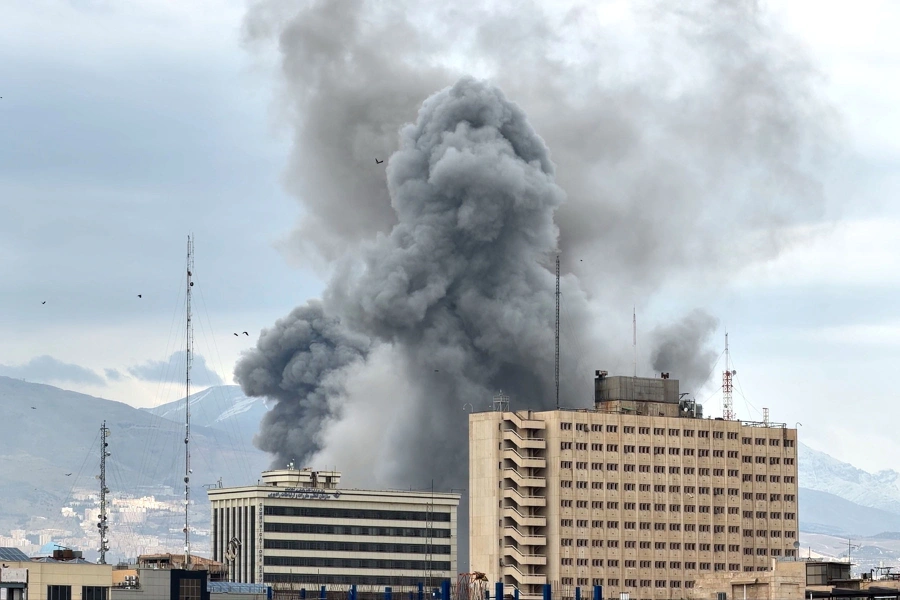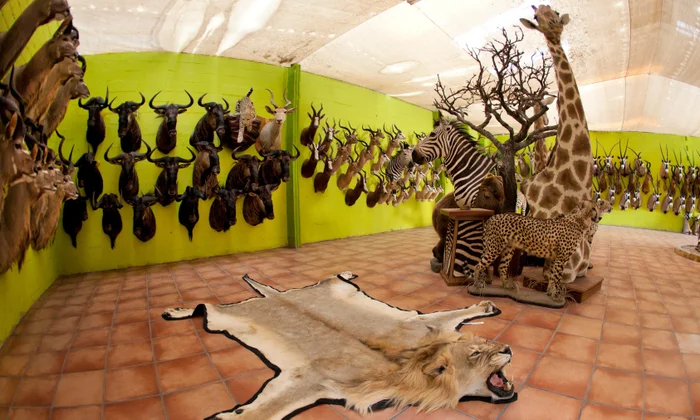KATHMANDU, May 19: The Department of National Parks and Wildlife Conservation (DNPWC) is preparing to destroy tons of wildlife parts and trophies in its possession on the occasion of International Day for Biodiversity on May 22.
Wildlife trophies kept at Kasara-based Chitwan National Park (CNP) and Tikauli-based Armed Forest Ranger Training Centre will be disposed off in the presence of high-ranking officials from multiple departments, informed Narayan Rupakheti, spokesperson for the DNPWC.
Rhino horns, elephant tusks, pelts of common and snow leopards, their skulls, among other wildlife trophies that have been collected and accumulated over the years from various parts of the country will be destroyed that day as a symbolic gesture to give the message that such items have no value.
The wildlife lesson

The collections also include wildlife trophies of those animals that perished naturally, according to DNPWC. Nonetheless, a large portion of the collections were confiscated from poachers and wildlife traders.
“Our intent is to convey the message to poachers that the value of wildlife parts and trophies has greatly diminished. Due to its diminishing value in the economy, there will be no profit from wildlife trade. Therefore, the wildlife will be better off if left alone,” added Rupakheti.
There are about 5,000 kg of some 4,000 animal parts stored at Kasara and Tikauli, according to a report prepared last year by a technical committee led by Dr Maheshwar Dhakal. However, not all the parts will be destroyed.
“A small portion of these wildlife trophies that have been bar-coded will be stored. Likewise, some of the wildlife body parts and trophies will be given to academic and research institutes for their research by following due procedure,” informed Rupakheti, adding that most of the wildlife parts that will be disposed off are currently decaying due to their old age.
Domestic and foreign wildlife traders have long been eyeing Nepal's thriving biodiversity to turn it into profit. Body parts of Nepal's endangered animals, such as horns of one-horned rhinos, snow leopard pelts, among others, have high demand in the international market, mostly in the country' northern neighbor China.




































